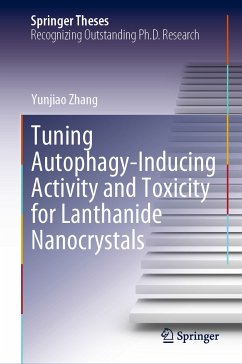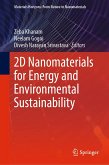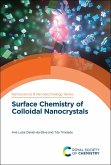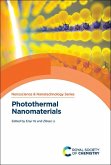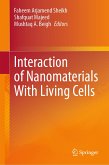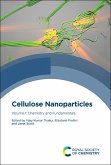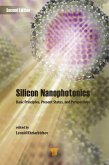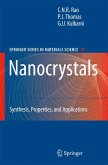This thesis presents a simple, yet highly effective surface engineering solution that uses non-covalent binding peptides to control the autophagy-inducing activity of nanomaterials and nanodevices. The author presents RE-1, a short synthetic peptide that sequence-specifically binds to lanthanide (LN) oxide and upconversion nanocrystals with high affinity, which was discovered using an innovative phage display approach. RE-1 effectively inhibits the autophagy-inducing activity and toxicity of these nanocrystals by forming a stable coating layer on the surface of the nanoparticles, and by reducing their sedimentation and cell interaction. RE- 1 and its variants provide a versatile tool for tuning cell interactions in order to achieve the desired level of autophagic response and are useful for the various diagnostic and therapeutic applications of LN-based nanomaterials and nanodevices.
Dieser Download kann aus rechtlichen Gründen nur mit Rechnungsadresse in A, B, BG, CY, CZ, D, DK, EW, E, FIN, F, GR, HR, H, IRL, I, LT, L, LR, M, NL, PL, P, R, S, SLO, SK ausgeliefert werden.

